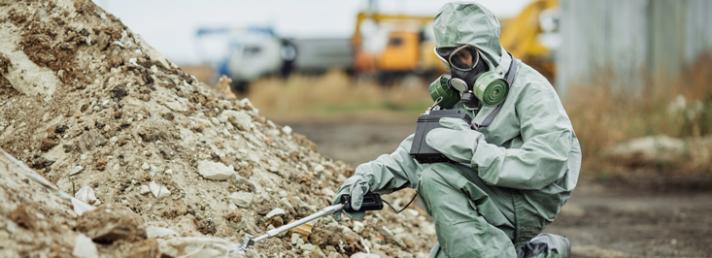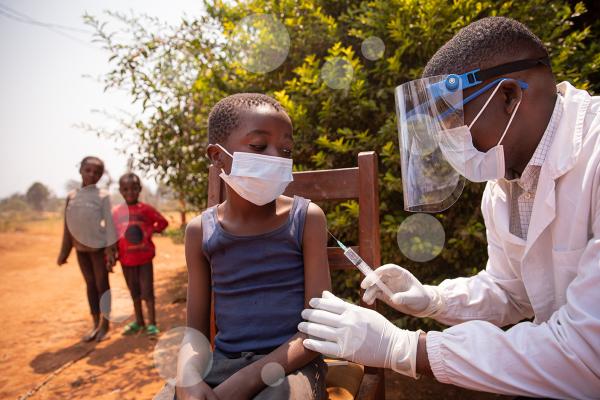To this aim, the Joint Research Centre (JRC) works on accident modelling and radiological consequences evaluations. It also provides and support the exchange of environmental radioactivity data and early sharing of information in case of nuclear or radiological accident among EU Member States.
Nuclear and radiological installations in Europe are provided with emergency plans to face the unlikely event of an accident requiring offsite protective countermeasures. However, since the radiological consequences may not stop at the national border, the need of supporting a transboundary, coordinated response among EU Member States is fundamental. Furthermore, the experience of the nuclear accident at Fukushima NPP in March 2011 unveiled the need of strengthening such coordination among countries in providing with clear and aligned communication to their population. To achieve these goals, the JRC accident modelling capabilities can support a coordinated decision-making process and help civil competent authorities to assess the potential radiological impact, actuate countermeasures and inform the population.
Complementary to such analytical capabilities, the radioactive environmental monitoring via gamma dose rate monitoring network among EU Member States and neighbouring countries might play a significant role in the event of a crisis via the automatic EUropean Radiological Data Exchange Platform (EURDEP).
In accordance with Council Decision 87/600, the European Commission continues to improve its systems and procedures for a rapid exchange of information and data in case of a major accident. During the early phase of a large-scale accident from which a significant release of radioactive material to the atmosphere occurs or is likely to occur, it is essential to notify and inform competent authorities as early and extensively as possible. To this end, the JRC has developed the European Community Urgent Radiological Information Exchange (ECURIE) which is the official notification system of the European Commission through which EU member states are obliged to notify and send relevant information in case of radiological/nuclear accident. To facilitate this exchange of information, JRC conceives and develops the necessary IT tools and provides the testing and training, in close collaboration with the national contact points in the EU.
As a direct implementation of Council Decision 87/600, the JRC (together with DG Energy) has accumulated more than 20 years of expertise in networking the national nuclear emergency authorities by conceiving, developing, testing and operating EC information exchange systems.
The JRC also provides assistance and technical support to European Commission's Directorate-General for Energy (DG Energy), the International Atomic Energy Agency (IAEA) and national competent authorities ensuring that users from EU member states and other European countries have the necessary inter-communication tools and access to information.


